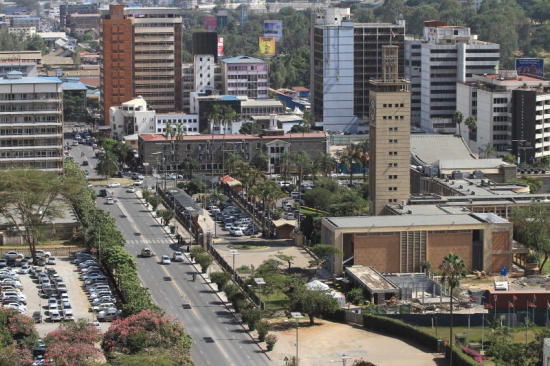×
The Standard e-Paper
Kenya’s Boldest Voice

In the wake of grave concerns by MPs over their security, a multi-billion shillings plan by Parliament mooted about five years ago to expand facilities and secure the premises, has gained urgency.
Parliament's expansion programme will see the august House take over several multi-storeyed buildings within the proximity of the legislature.